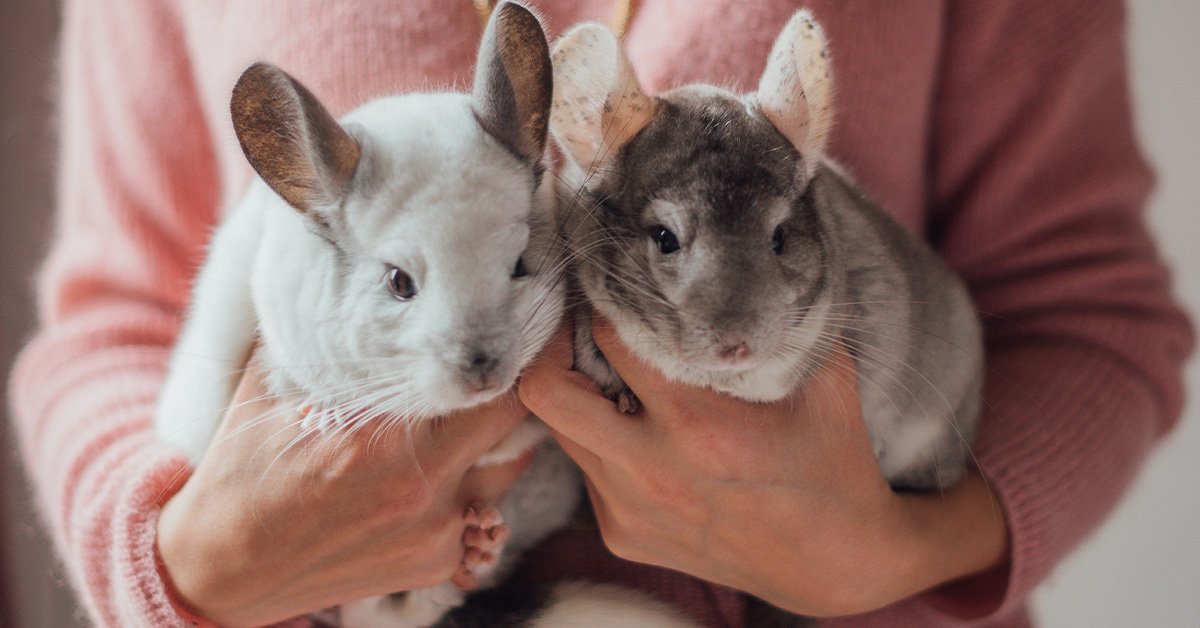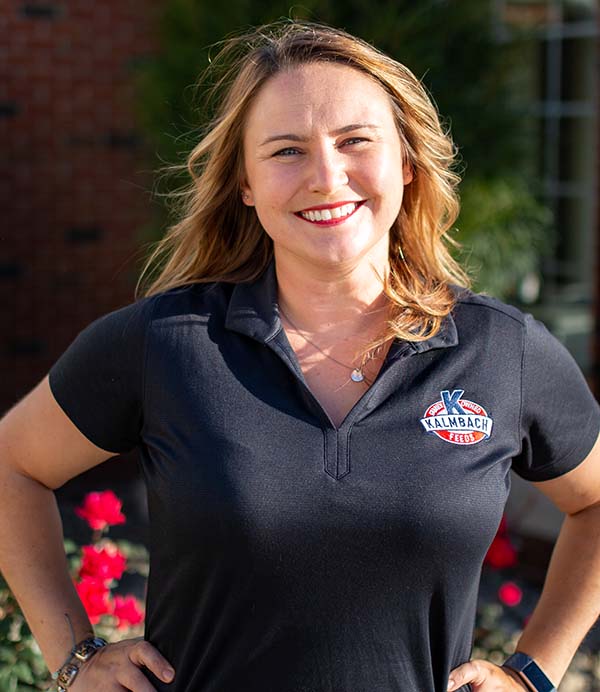Fun Facts About Chinchillas

Chinchillas can be sweet little companions. Their personalities are unique and they make for wonderful pets. They are very social animals and in the wild, they live in colonies that consist of hundreds of chinchillas creating dens in underground tunnels. Like guinea pigs, chinchillas are native to the Andes Mountains of Peru where they were accustomed to freezing temperatures. They have thick fur, which makes them susceptible to heat-stress during periods where temperatures and humidity are elevated. Newborn chinchillas are called “kits” and are born with open eyes and a full coat of fur. Chinchillas stay clean by giving themselves dust baths once or twice per week. Volcanic ash or “dust” can be found at most pet shops for your chins to enjoy. Another way to provide environmental enrichment for them is to give them toys to play with. Cardboard boxes, pieces of non-treated wood, and toys made of timothy hay are usually safe options. By providing toys for your chin to play with, you are also helping to maintain their dental health.
Feeding Chinchillas:
Fiber is the most important nutrient that chinchillas get from their food. A good quality grass hay should make up approximately 75% of their diet. No more than 5-10% of their diet should consist of fresh fruits and vegetables. Leaf lettuce, kale, watercress, collards, and arugula are examples of safe greens. Stay away from sugary foods and treats as much as possible, and if offered, they should only be allowed in small quantities of less than 1 teaspoon per day. Chinchillas’ digestive tracts cannot handle foods high in fats or sugars very well. High fat treats like nuts or seeds should also be carefully limited.
A fortified pellet and hay should make up the majority of your chinchilla’s diet. Feeding 1-2 tablespoons of pelleted feed per day is a great starting point. Young chinchillas may eat more than mature chinchillas, and that is okay, as long as your chinchilla maintains a healthy weight and good body condition.
Food should always be stored in a cool, dry place and inspected regularly for spoilage. Try to find a reputable feed manufacturer that uses high quality ingredients. Clean, fresh water should always be available to your chins to keep them adequately hydrated and maintain a consistent feed intake.
Several factors affect the digestibility of feedstuffs. Quality of feed ingredients is something that’s important to consider when selecting feed for your chinchillas. Here we are a couple of ingredients to look for:
Yucca schidigera
When chinchillas eat food that is high in protein, that protein is broken down into nitrogen and either utilized or excreted. Excess nitrogen that is passed in urine or feces is then broken down further by bacteria to create ammonia. Environments with excess ammonia can cause a host of issues because of added stress and respiratory duress. Chinchillas being fed high protein diets and alfalfa pellets/hay are most susceptible to higher levels of nitrogen excretion. Yucca schidigera extract helps reduce the release of ammonia, which helps create a safer environment for your chins.
Probiotics
Probiotics are types of “good bacteria” that can be added to feed and directly introduced to your chinchilla’s digestive tract. These beneficial bacteria help to neutralize bad bacteria, control inflammation, promote digestion, and support overall digestive health. Probiotics are commonly listed on feed labels as specific bacterial strains, dried active yeast, or yeast cultures.
Summary
A chinchilla will make a wonderful addition to your family with their fun, unique personalities. It is important that your chin has a consistent, fiber-based diet to help ensure it is able to live a long, healthy life. Remember to limit the amount of sugary foods and treats you give to your chin and instead substitute those things for a fortified pellet, such as our 17% Chinchilla Pellets, and fresh veggies.
